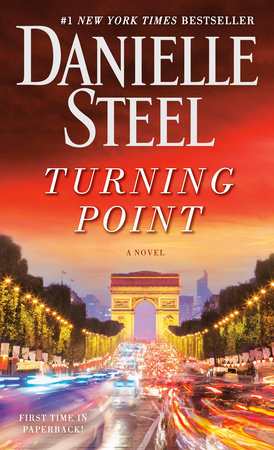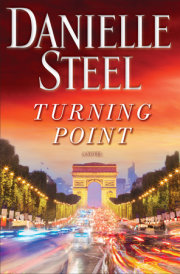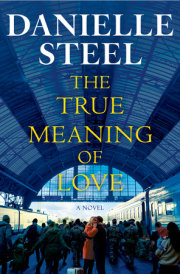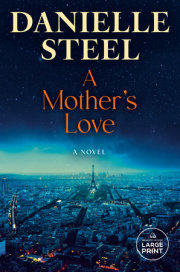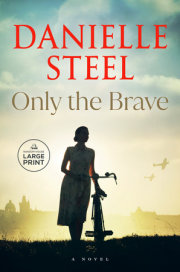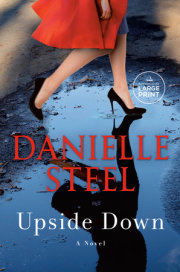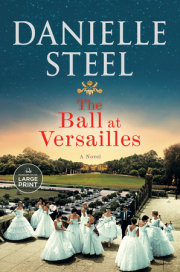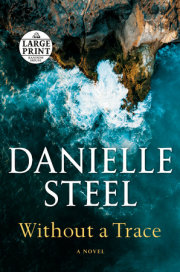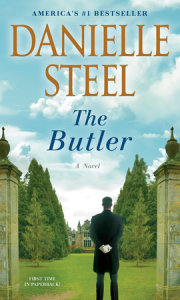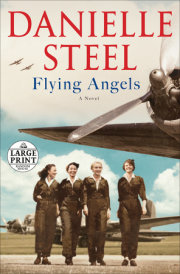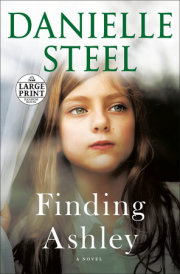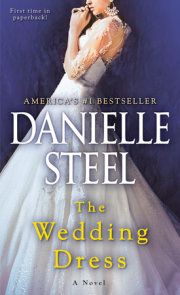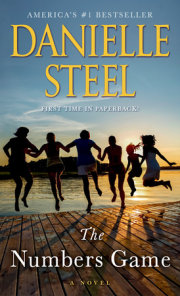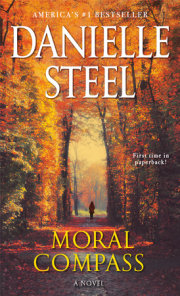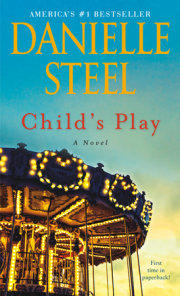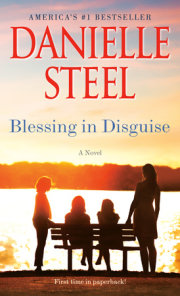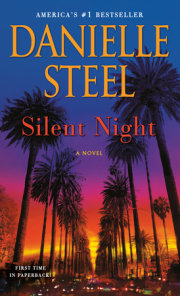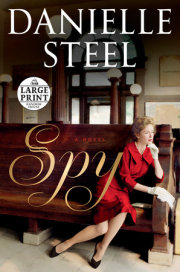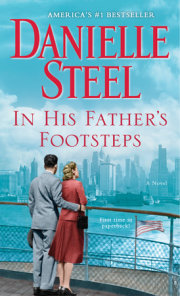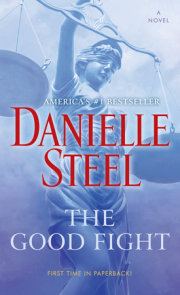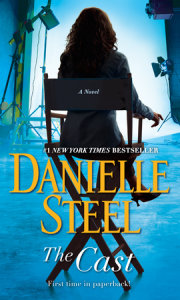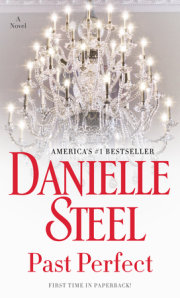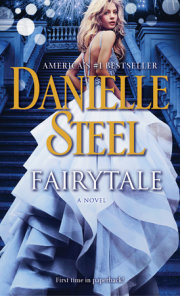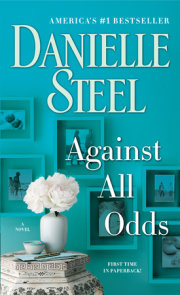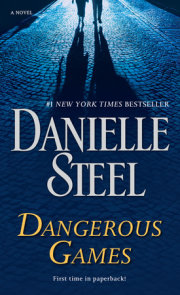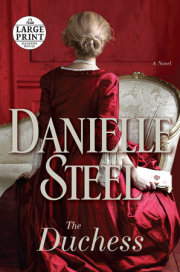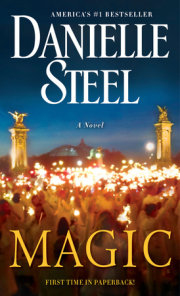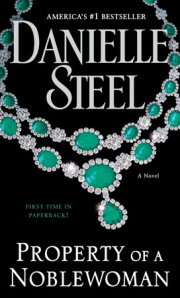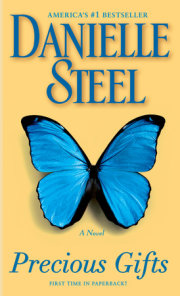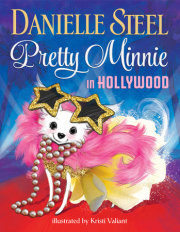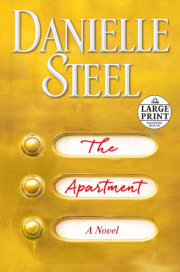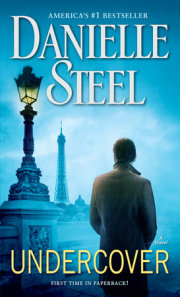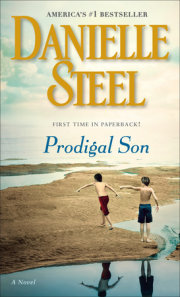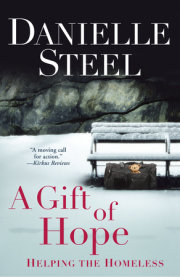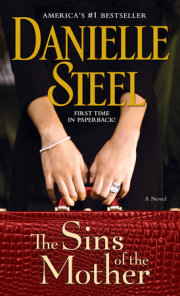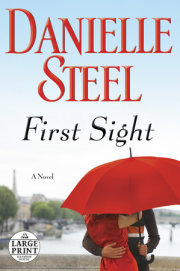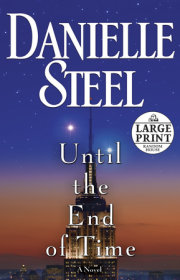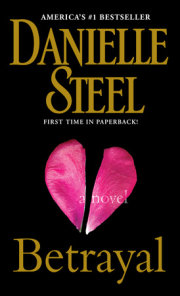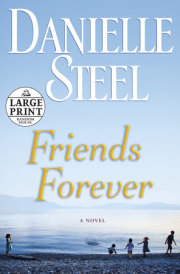Chapter One
Bill Browning had been on duty in the emergency room at Zuckerberg San Francisco General Hospital and Trauma Center for five hours and had just finished surgery on his third gunshot wound of the day. This one was going to make it, the first one had too, but the second patient had died, a sixteen-year-old victim of gang wars in San Francisco, and the drug trade the gangs engaged in. It was Christmas Day and business as usual at San Francisco General. They got the roughest cases in the city, brought in by ambulance, by the police, by paramedics, or by helicopter from highway accidents or any major disaster in the area. They were set up for multi-casualty incidents, in the jargon of the trade. San Francisco General was the best hospital in the area for severe trauma cases. It was a public institution with the benefit of private funding, in partnership with the Department of Public Health and the medical school at the University of California, San Francisco. All the physicians who practiced there were UCSF faculty as well, which kept the standards high. It was a teaching hospital, and private donations had provided a new building that doubled the capacity of the trauma unit and the patients they could treat to three hundred. The old facility was still in use.
The original building was notoriously grim. Almost every door in the hospital was locked with electronic access codes, and it wasn’t unheard of for injured victims from rival gangs to shoot each other in the emergency room once they were brought in, or pull guns on members of the staff and threaten them. There were metal detectors, but in spite of that, occasionally visitors were able to sneak weapons in. It was an added element at General that the medical personnel had to deal with, along with some of the worst emergencies and traumas in the city.
The care of trauma victims was their strong suit, and Bill Browning was the head of the trauma unit. He signed up for duty in the ER for most major holidays, since he had nothing else to do. It was his gift to his colleagues, allowing others to be home with their families. Holidays meant nothing to him when he didn’t have his children with him. Now thirty-nine, Bill had specialized in trauma for his entire medical career. He was the senior doctor on staff on Christmas Day, and would be again on New Year’s Eve. He only got to have his daughters for Christmas every other year, and this was the off year.
The nurses had decorated the emergency room and the visitors’ waiting room in the old facility with tinsel and assorted holiday decorations, which no one seemed to notice. Their patients were usually too severely injured, and their families too distressed, to care about the slightly forlorn evidence of the holiday scattered around the unit. Patients with the flu, food poisoning, bronchitis, or a sprained ankle ordinarily went to other hospitals. Only the most severe injuries, and a steady flow of the homeless population who were injured or ill and brought in by the police, went to SF General. The work was challenging for the medical staff, and a valuable learning experience for UCSF students. Bill Browning had seen just about everything that humans could inflict on themselves and each other during his career as an ER and trauma doctor. Nothing shocked him anymore. But it still saddened him to see the victims of the gangs. Their deaths were so senseless, such a waste, and evidence of young lives gone wrong. He had signed the death certificate of a sixteen-year-old boy only two hours earlier.
He hadn’t stopped moving or sat down in the five hours he had been on duty, since ten that morning. It was a hell of a way to spend Christmas, but his two little girls, Philippa, called Pip, and Alexandra, Alex, were in London, where they lived with their mother. They were nine and seven years old. Their mother, Athena, was British. She had left San Francisco when Alex was three weeks old, the earliest date their pediatrician would allow her to travel so far with a newborn. Athena couldn’t wait to leave. The marriage had been dead long before that, although Bill had tried valiantly to hang on and convince her to keep trying, but their union had been doomed from the first.
Since the divorce, he had plunged himself into his work more than ever, and didn’t see his girls nearly enough. He had them for a month in the summer, Christmas in alternate years, and whatever other time he could manage to fly to London for a few days. His ex-wife didn’t like sending the girls to San Francisco to see him. They’d been divorced for six years, she had remarried a British lord a year later, and now had two-year-old twin boys. Her second husband, Rupert, was exactly who she should have married in the first place. Her family referred to Bill as “The American,” and considered him her “youthful mistake.”
Athena had been twenty-three when they met in New York. He’d been visiting his parents for a week during his residency. After medical school at Columbia, he’d done his internship and residency at Stanford, and stayed on in San Francisco afterward when he was offered a job at SF General. It wasn’t cushy or glorious, but it was the right place for the trauma work he wanted to do. He had no desire to return to New York. He enjoyed the weather and the outdoor sports he could pursue in San Francisco in his time off, hiking, windsurfing, sailing year round. And he particularly liked the hospital where he worked, and the kind of patients they treated.
His parents were part of an elitist, snobbish social world that had always made him uncomfortable. He avoided it at all cost. While visiting them, under pressure he reluctantly agreed to join them at the party where he had met Athena. He was twenty-nine years old and dazzled by her. She was spectacularly beautiful, a little eccentric, outrageous, and a rebel. She had grown up in a sophisticated, glamorous, international jet-set world, and was visiting friends in New York.
Bill had fallen head over heels in love with her, and she had come to San Francisco a month later, to pursue their torrid affair. She stayed. He was working long shifts in his residency, and whenever he wasn’t working, they spent most of their time in bed, or doing the sports he enjoyed and introduced to her. She thought their romance exciting and exotic. Bill was different from any man she’d ever known. He was straightforward, honest, hardworking, and modest. She was wild, sexy, and a rare bird for him. She’d gotten pregnant with Pip six months later, and they flew to London over a long weekend to explain the situation to her parents. Bill proposed, which he wanted to do eventually anyway. It was just sooner than he’d planned. They were married in a discreet ceremony, and neither family was thrilled with their decision. Her family thought him too dull. His family thought her too racy.
Pip was born six months later, and Bill bought a Victorian house in Noe Valley, where they could become a family and begin their life together. Her parents sent over a nanny from London so Athena didn’t have to be tied down, and she went home to England frequently to see her sisters, parents, and friends, and then returned to Bill, their baby, and their San Francisco life, a little less enthusiastically each time. She felt like a fish out of water in sleepy San Francisco.
It had taken Athena all of five minutes to fall in love with Bill the night they met, and about a year to realize what she’d done, and how different they were. He was more of a detour than a destination in her life, and at the end of a year with him, she had begun to have serious doubts about the marriage. She was six months pregnant with Pip by then, and the baby brought them closer for a while. The life they shared was exactly what Bill wanted, a wife he loved and an adorable baby in a cozy little Victorian house in a family neighborhood. Athena was like an exotic bird trapped in a cage in a foreign land. It had taken her less than a year after Pip was born to fall out of love with him completely, and she got pregnant with Alex by accident after they got drunk at a party when Pip was fifteen months old. She spent most of the pregnancy commuting to London to see her old friends, and got increasingly depressed whenever she came back to Bill in San Francisco. His parents had never liked her, and were dismayed by what he’d gotten himself into, but he was still insisting that Athena would settle down and get used to married life. He had a long talk with her father, who suggested that Bill give up his career in medicine, move to England, and join him in the family shipping business if he wanted the marriage to work. Athena was never going to be a “California girl.” The only one who refused to see it was Bill. Three weeks after Alex was born, Athena took the two girls to England and spent the summer in the south of France with her sisters and friends at her parents’ summer home there. At the end of the summer she called to tell Bill she wasn’t coming back and wanted a divorce. He was devastated and tried to talk her out of it, but she was already seeing Rupert by then, and Bill didn’t have a chance. She and Rupert had had a summer fling in the South of France.
She and Rupert had grown up together. He was one of her own, and a British lord like her father. Rupert was as much a libertine and free spirit as she was, and her three years in California were over. She never came back. Bill lived in the house in Noe Valley until the divorce she filed was final, hoping she would change her mind. She didn’t. Eventually he sold the pretty little house and moved to a small apartment on the Embarcadero, with a view of the bay and the Bay Bridge and a second bedroom for his girls when they would come to visit. The apartment was stark and barely furnished, and he was still living there five years later. He had never bothered to decorate it, except for the bare essentials from IKEA, including a pink bedroom set for the girls. The rest of the apartment looked as barren and empty as he felt.
When his daughters visited him now in the summer, they traveled most of the time. He took them to Lake Tahoe, camping in Yosemite, they went on road trips, he took them to Disneyland, and did all the things divorced fathers do, trying desperately to establish a bond with his children in too little time. They were as British as their mother and stepfather, and loved their little half brothers. Bill tried to plant the seed of their going to college in the States one day, which Pip was mildly interested in, but it was still nine years away. In the meantime, he had his month with them in the summer, an occasional weekend when he could fly to London to see them, and Christmas every other year. The rest of the time he had his work. He firmly believed that he didn’t need more than that. There hadn’t been an important woman in his life since Athena, and he was beginning to see now how unsuited they had been for each other. He told himself it no longer mattered, and insisted he wasn’t bitter about the divorce. He hadn’t been in love with her for several years. She had broken his heart when she left with their daughters. The loves of his life now were Pip and Alex. He readily admitted he was a workaholic, and saw no harm in that.
Copyright © 2019 by Danielle Steel. All rights reserved. No part of this excerpt may be reproduced or reprinted without permission in writing from the publisher.

